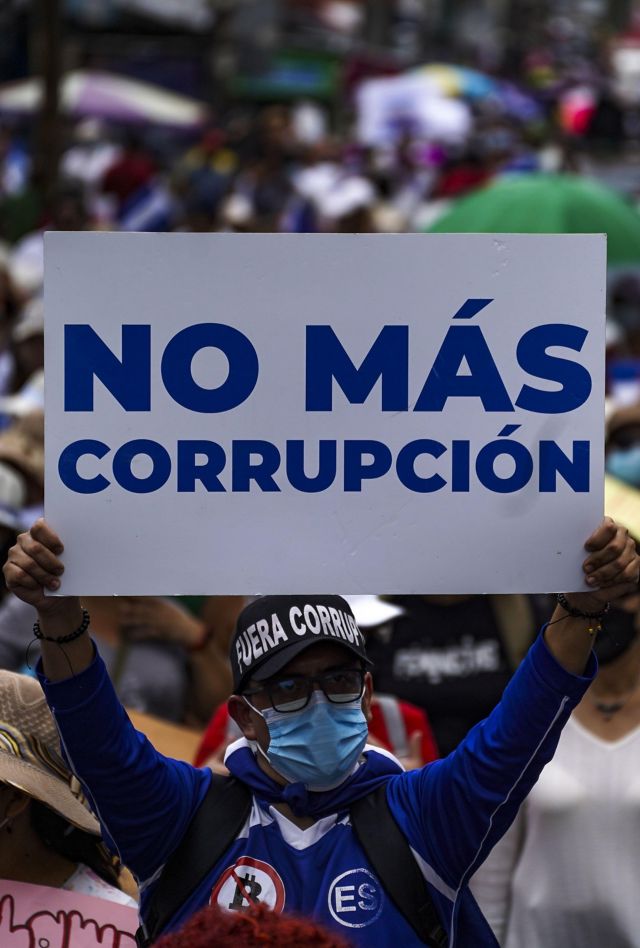
NORC-Convened Panel Analyzes Democratic Backsliding in Latin America
This article is from our NORC Now newsletter. Subscribe today.
Experts’ Insights on Anti-Democratic Movements
With authoritarian leaders and anti-democratic movements gaining ground in countries around the world, NORC and the Kellogg Institute for International Studies at the University of Notre Dame convened an expert panel to share insights on democratic backsliding in Latin America. The panel featured experts from Syracuse University, Amherst College, Emerson College, and the University of Notre Dame. The panelists defined democratic backsliding using the experiences of Venezuela, El Salvador, and Mexico to illustrate how the process unfolds.
Responses That Can Combat Democratic Backsliding
Typically, illiberal leaders mobilize public support, win elections, and capture the executive branch. Once in power, they capture state institutions and suppress the opposition. Institutional capture means fewer opportunities for the opposition to fight back, and a weak opposition makes it easier for the executive to capture new institutions. The panel also identified responses that can effectively combat democratic backsliding and those that can make it worse. To make the panelists’ findings easy to disseminate, NORC and the Kellogg Institute packaged them in a brief report and a two-page handout.
This article is from our flagship newsletter, NORC Now. NORC Now keeps you informed of the full breadth of NORC’s work, the questions we help our clients answer, and the issues we help them address.




